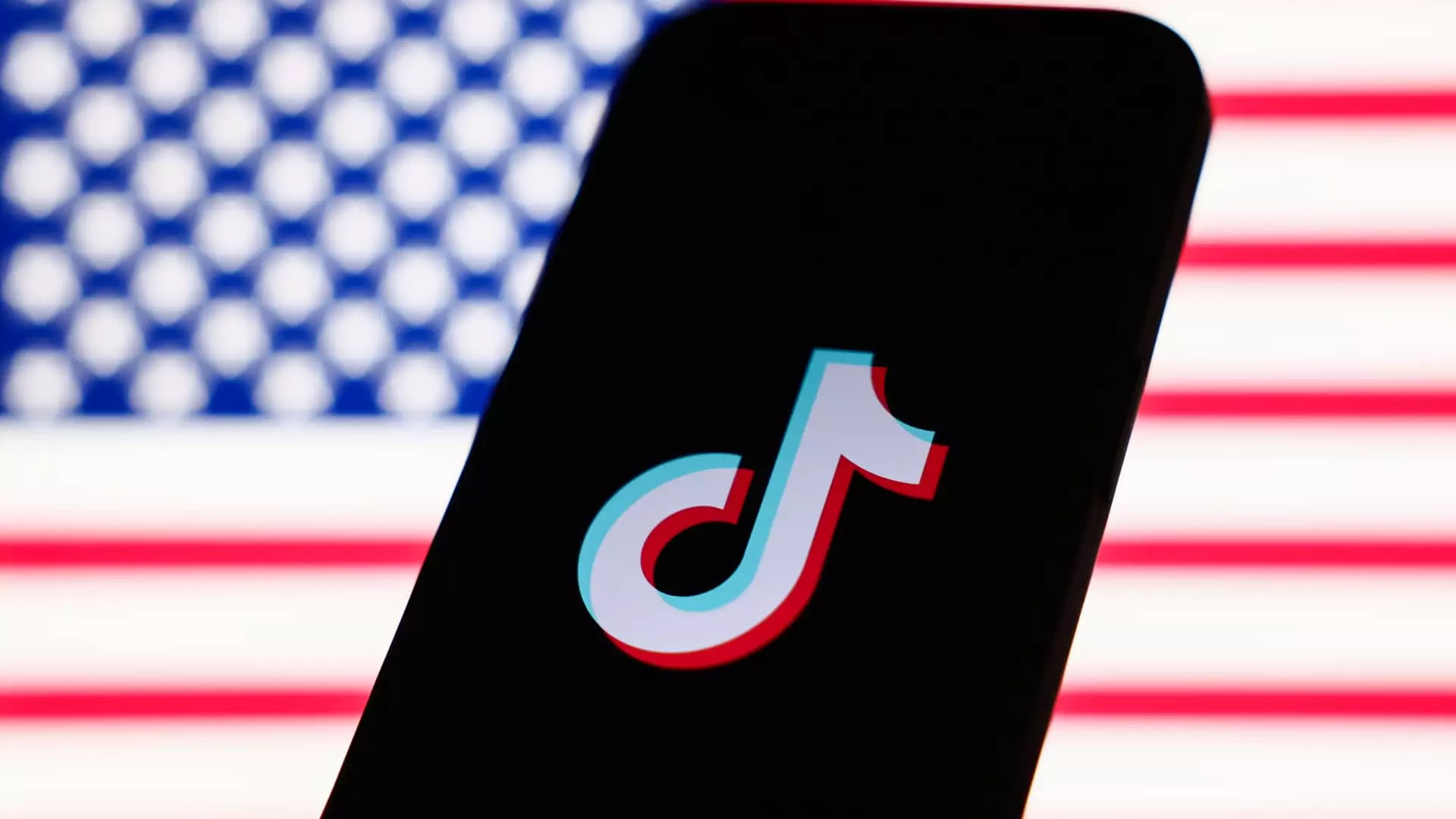The social media landscape is evolving rapidly, and TikTok has become a pivotal player in the ecosystem, attracting millions of users across the globe. However, the potential for TikTok’s U.S. operations to be sold complicates this picture, particularly given the geopolitical environment in which the platform operates. The potential sale, should it occur, brings with it vast financial implications and regulatory hurdles that prospective buyers, including high-profile names like Elon Musk, must navigate.
If ByteDance, TikTok’s parent company, opts to sell its U.S. division, experts suggest that the acquisition price could soar between $40 billion to $50 billion. This estimation comes courtesy of Angelo Zino, a Senior Vice President at CFRA Research, who bases his calculations on TikTok’s substantial user base and revenue projections compared to industry rivals. Notably, TikTok claims around 115 million monthly users in the U.S., which situates it closely behind Instagram, but ahead of other platforms like Snapchat and Reddit.
This projected valuation reflects not only the app’s popularity but also the financial potential that comes from its extensive user engagement. However, the figures have experienced a decline; Zino’s previous estimate of over $60 billion was made under a different set of political conditions and perceptions of risk surrounding the app. Such fluctuations underscore the delicate interplay between market sentiment and political decisions.
The geopolitical context of TikTok’s operations is potentially fraught with instability. The application faces a looming U.S. ban related to national security concerns, particularly regarding data privacy and the app’s connections to China. The Supreme Court’s anticipated ruling could enforce stringent measures on tech platforms that host TikTok post-deadline, compelling ByteDance to reconsider its options. The involvement of high-profile business figures like Musk indicates that there’s significant interest at stake; however, potential buyers are left weighing the financial risks against operational responsibilities.
Furthermore, Zino’s appraisal excludes TikTok’s recommendation algorithms—arguably its most significant asset—which raises questions about the true value of a sale. The intricacies tied to these algorithms are at the heart of national security debates and could further cloud the prospects of an acquisition.
Bloomberg Intelligence’s analysts noted some challenges in the buying landscape, asserting that any acquisition would be scrutinized under the lens of data privacy and antitrust regulations. Companies interested in acquiring TikTok’s U.S. operations will face scrutiny that could impede growth plans and hamper expansion efforts in TikTok’s advertisement business. These regulatory challenges are particularly imposing, as they not only embody potential financial risks but also the fear of public backlash.
Interestingly, a consortium of investors, led by billionaire Frank McCourt and illustrious names like Kevin O’Leary, has expressed interest in acquiring TikTok but has placed its bid at a considerably lower figure of around $20 billion—with the caveat that the deal would exclude the app’s algorithm. O’Leary’s assertion that their plan would escape the extensive scrutiny others may encounter reveals a divergence in strategy that may appeal to some stakeholders viewing the deal more favorably.
In light of the current dynamics surrounding TikTok’s potential sale, it is clear that various factors must be considered by prospective buyers. The interplay of valuation, geopolitical stakes, and regulatory hurdles paints a complicated picture for any company looking to acquire the app’s U.S. operations. With significant interest from influential business figures, the future remains uncertain—testing the waters of corporate strategy, consumer engagement, and national policy. As potential buyers weigh the prospects of acquisition, industry stakeholders will be watching closely to see how this evolving saga unfolds and what it ultimately means for the future of digital media.


Leave a Reply